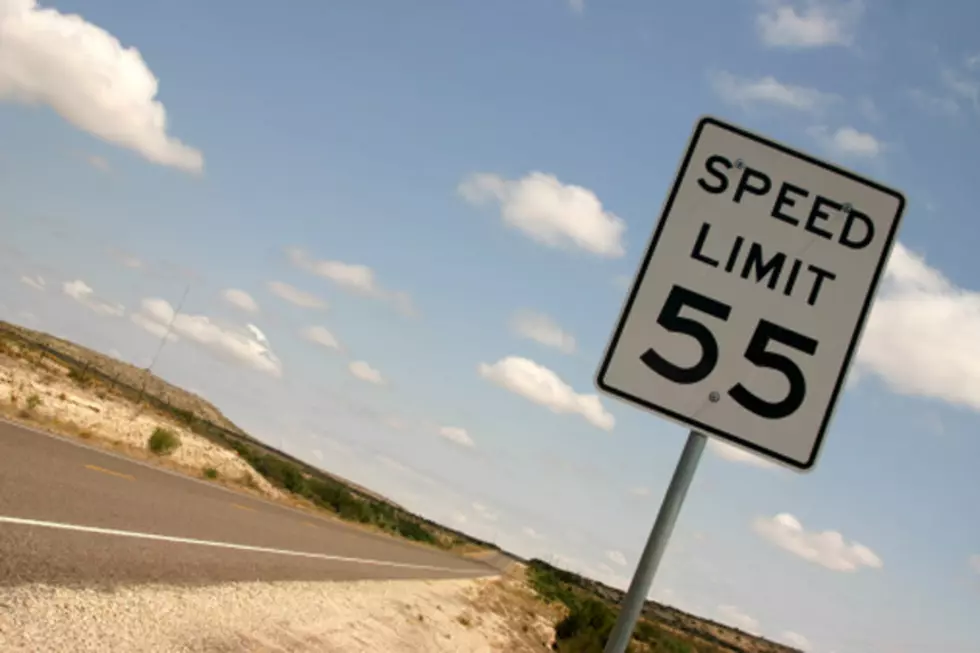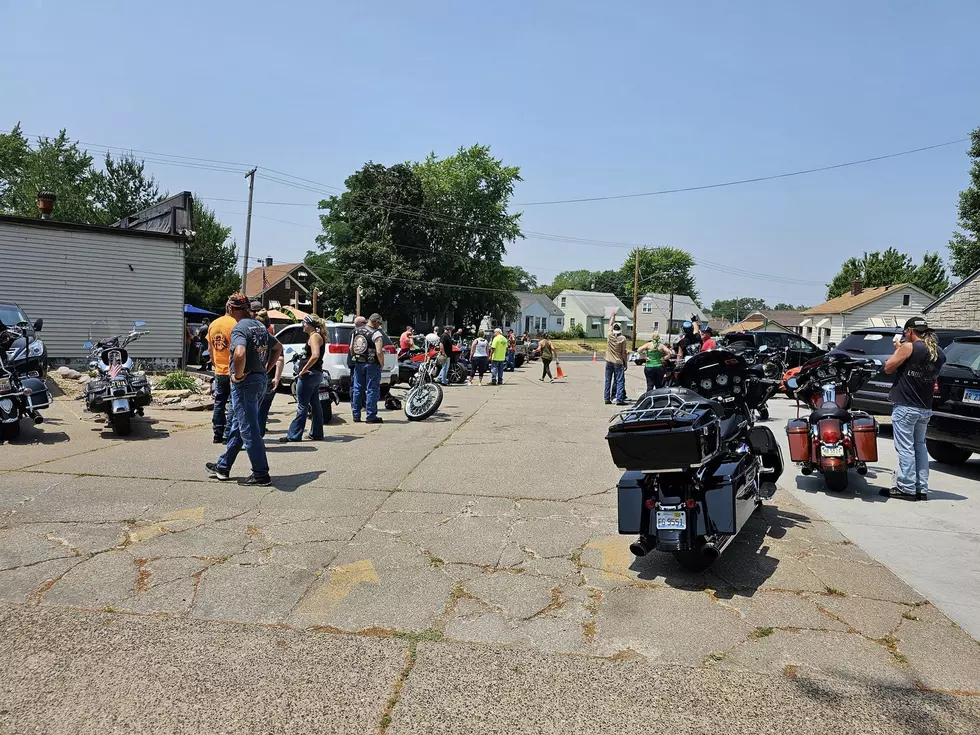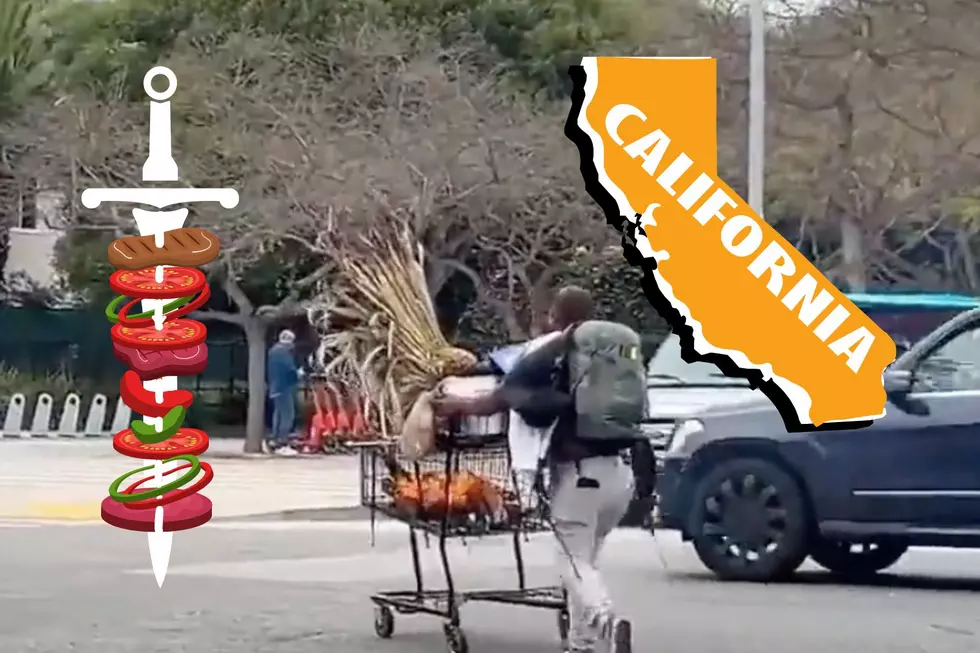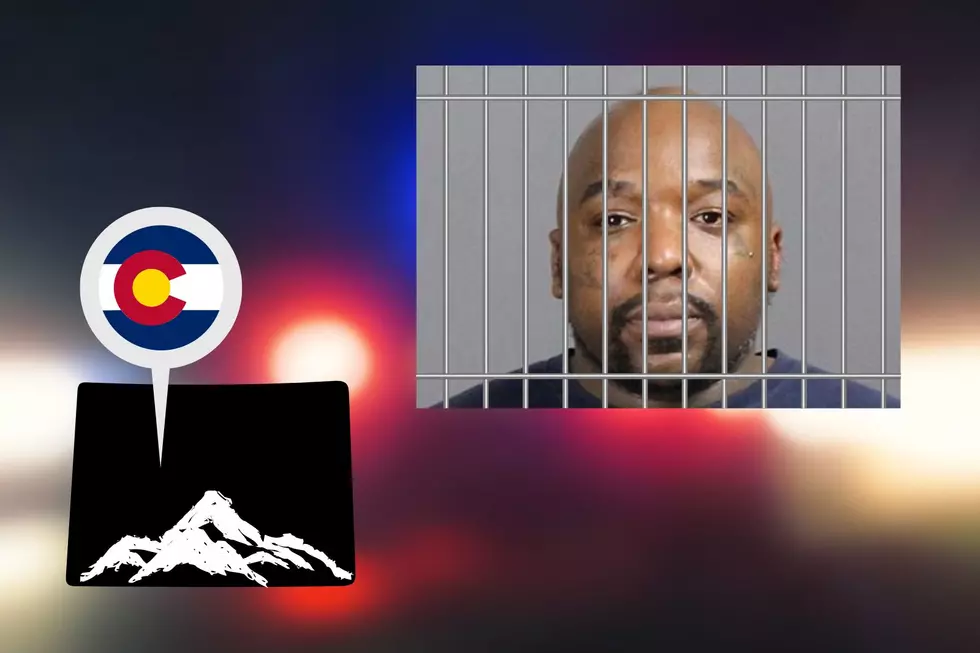
Every Speed Limit is Too Low
How often do you drive over the posted speed limit? Most of us do, we have our own zone where we feel comfortable driving and it's usually faster than what the signs say.
Lieutenant Gary Megge of the Michigan State Police says, “We all speed, yet months and months usually pass between us seeing a crash. That tells me that most of us are adequate, safe, reasonable drivers. Speeding and traffic safety have a small correlation.”
For over a decade Lieutenant Megge has been working to increase the speed on almost 400 roadways. He claims that the higher speeds makes roads safer.
Traffic engineers approach each speed limit with the same approach. They want a speed that 15% of drivers will exceed and 85% will drive below. They use the 85th percentile method because they realize the speed limit has little effect on how fast drivers will go.
“Over the years, I’ve done many follow up studies after we raise or lower a speed limit,” Megge explains. “Almost every time, the 85th percentile speed doesn’t change, or if it does, it’s by about 2 or 3 mph. I’ve found that about 10% of drivers truly identify the speed limit sign and drive at or near that limit.”
The 85th percentile speed leads to less variability between driving speeds and makes the roads safer. But most limits are set below this percentile which leads to more than 50% of motorists speeding.
Many states support the 85th percentile speed across the country and set high maximum limits for each roadway. But local officials come under pressure from safety groups who perceive that faster roads are less safe.
This lack of understanding pushes lower speed limits into legislation. “When you look at it from a pure physics standpoint,” Megge says, “and ask would you rather hit a bridge abutment at 10 mph or 40 mph, you can’t argue with that. But when I look at correcting a speed limit, I am not advocating driving faster, and that’s the hard part to get over.”
Even by setting lower speed limits, you're still dealing with half of the drivers going over every time. Megge argues that raising the limits has made roadways either safer or equally as safe as they were.
Another reason limits stay so low? Traffic citations generate revenue for cities and police departments. It's easier to hand out a speeding ticket when the limit is artificially low.
Read more at Priceonomics.
More From 97X









